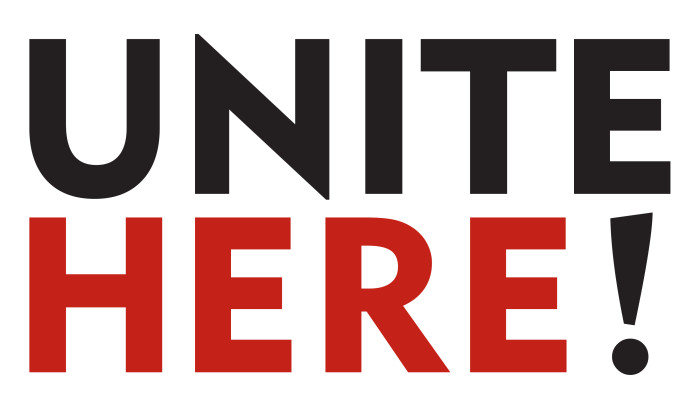Lawmakers Propose Legislation to Target Lack of Competitive Bidding at BWI Airport
Study shows Maryland could miss out on $37 million in capital investment
 Annapolis – Today, Delegate Kumar Barve (D-Montgomery) and Senator Roger Manno (D-Montgomery) announced legislation to open up competitive bidding for the food and retail concessions at BWI Thurgood Marshall Airport for the first time in 12 years. The legislation will allow the current contract, awarded in 2004 and set to expire in 2022, to be open for bid in 2017. That year, the Maryland Aviation Administration (MAA) has the opportunity to issue a competitive Request for Proposals (RFP) for concessions management.
Annapolis – Today, Delegate Kumar Barve (D-Montgomery) and Senator Roger Manno (D-Montgomery) announced legislation to open up competitive bidding for the food and retail concessions at BWI Thurgood Marshall Airport for the first time in 12 years. The legislation will allow the current contract, awarded in 2004 and set to expire in 2022, to be open for bid in 2017. That year, the Maryland Aviation Administration (MAA) has the opportunity to issue a competitive Request for Proposals (RFP) for concessions management.
A new study by UNITE HERE shows that foregoing a competitive bidding process could cost the State an estimated $37 million in capital investment at the airport.
“With a competitive bid contract, Maryland would get a better deal, new capital improvements at the airport and realize increased revenue from concession operations – all of which could translate into more, better paying jobs and an enhanced passenger experience,” said Del. Barve, Chairman of the House Environment and Transportation Committee.
Stated Sen. Roger Manno, “We just want a level playing field and the opportunity for businesses to compete.”
The legislation, House Bill 228 and Senate Bill 409, has 59 cosponsors. In November, Comptroller Peter Franchot and Treasurer Nancy Kopp, who oversee state procurement and contracting on the Board of Public Works, both stated that the BWI airport concessions contract should be rebid.
The new study shows that other major airports have seen significant increases in capital investment through the issuance of competitive RFPs. In 2014, at Detroit Metropolitan Airport’s McNamara Terminal, four concessions operators committed to $31.2 million in capital investment over an average lease term of 13.5 years.
BWI’s contract with Airmall reflects the precarious state of the airline industry in 2004, the year in which it was signed, when bankruptcy struggles in the airline industry placed significant financial challenges on airports. Today the industry has recovered, and airports across the country are expanding. In 2014, six of Airmall’s industry competitors responded to a Request for Information that was issued by the State of Maryland, submitting ideas and proposals on how to improve BWI’s concessions program and increase revenue to the State. Despite competing for new contracts at other airports, German-owned Airmall has failed to grow and expand its market share. The last contract captured by Airmall was at Cleveland Hopkins International Airport over six years ago. Airmall has responded to seven RFPs or Request for Qualifications since then.